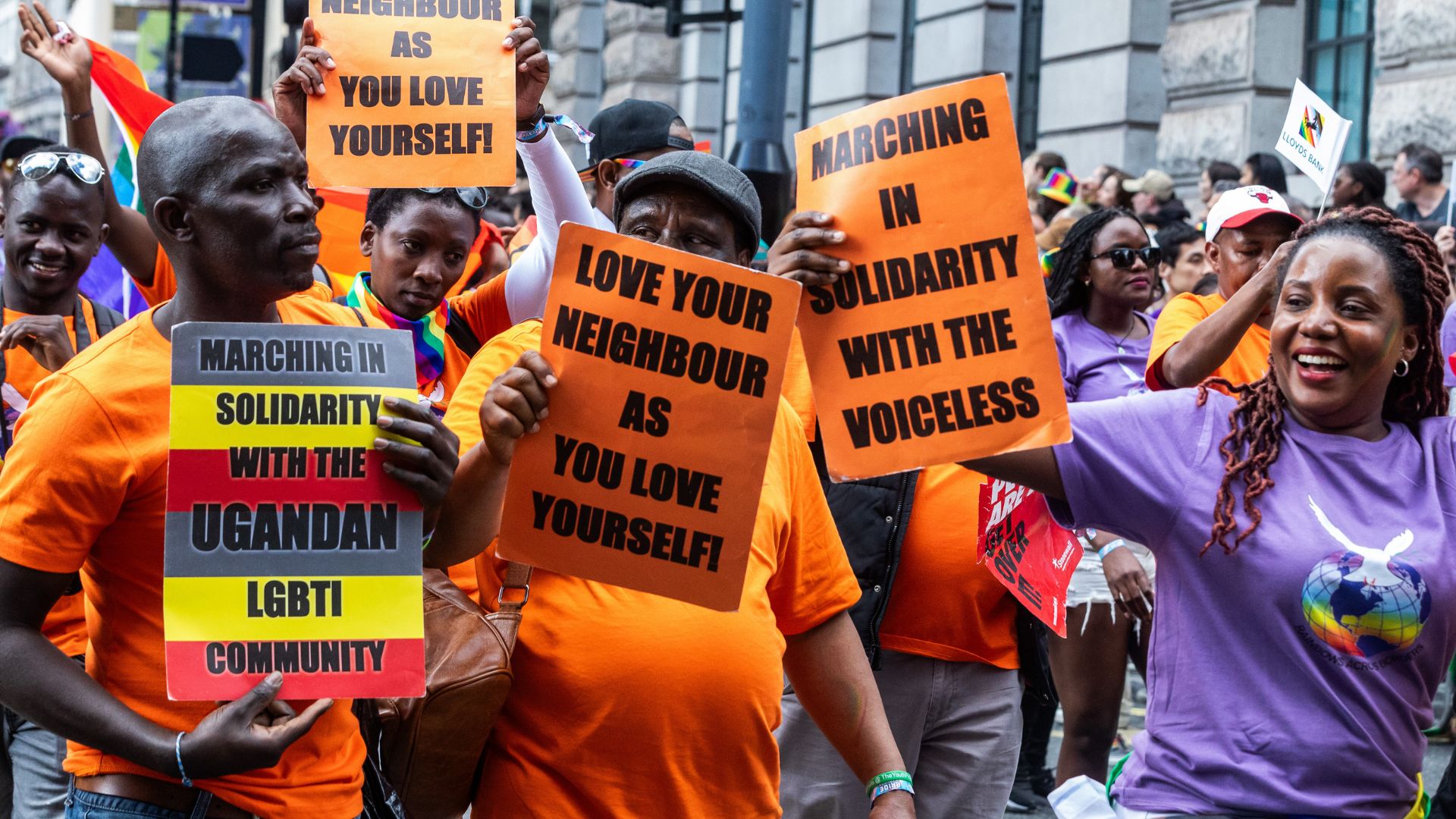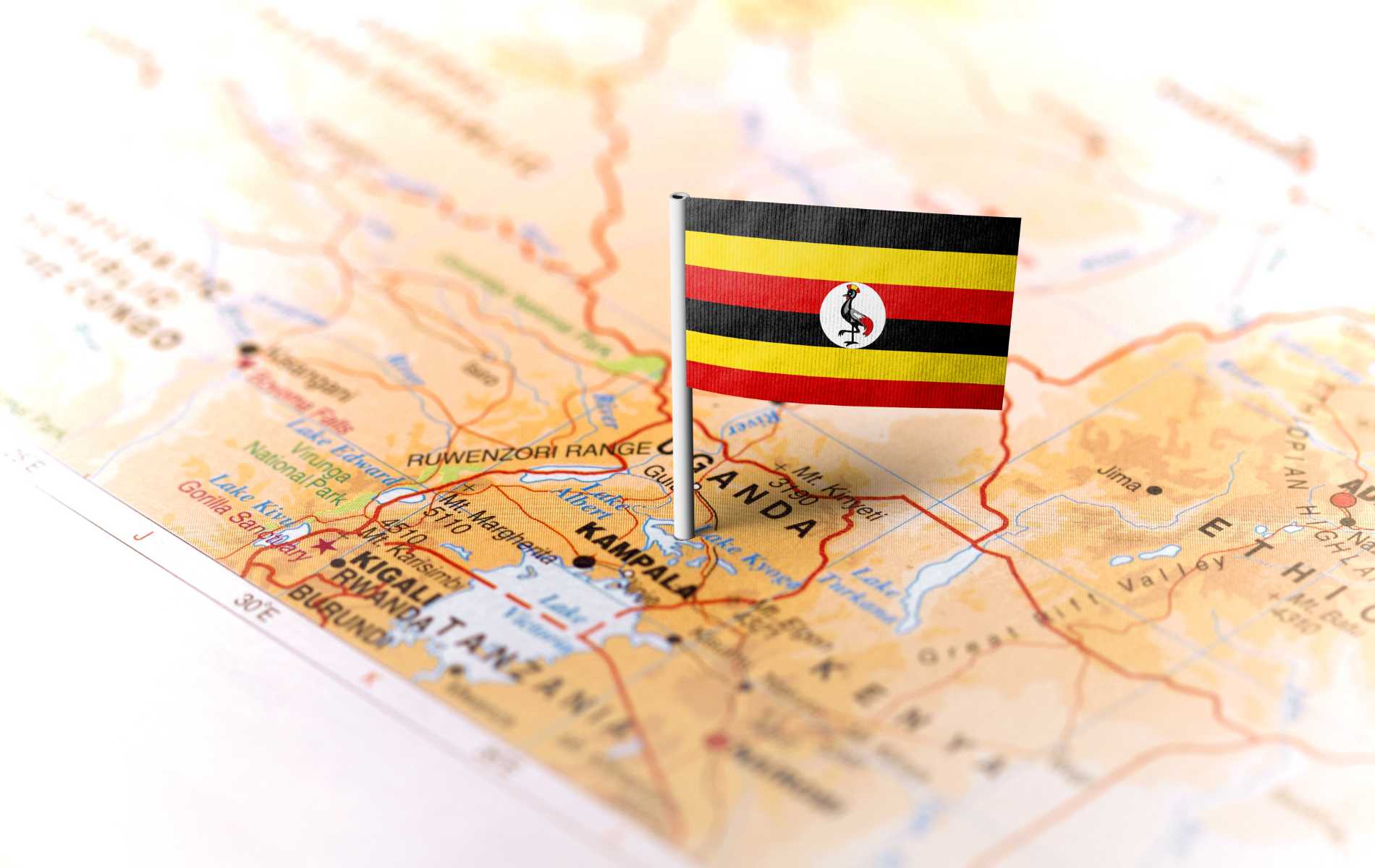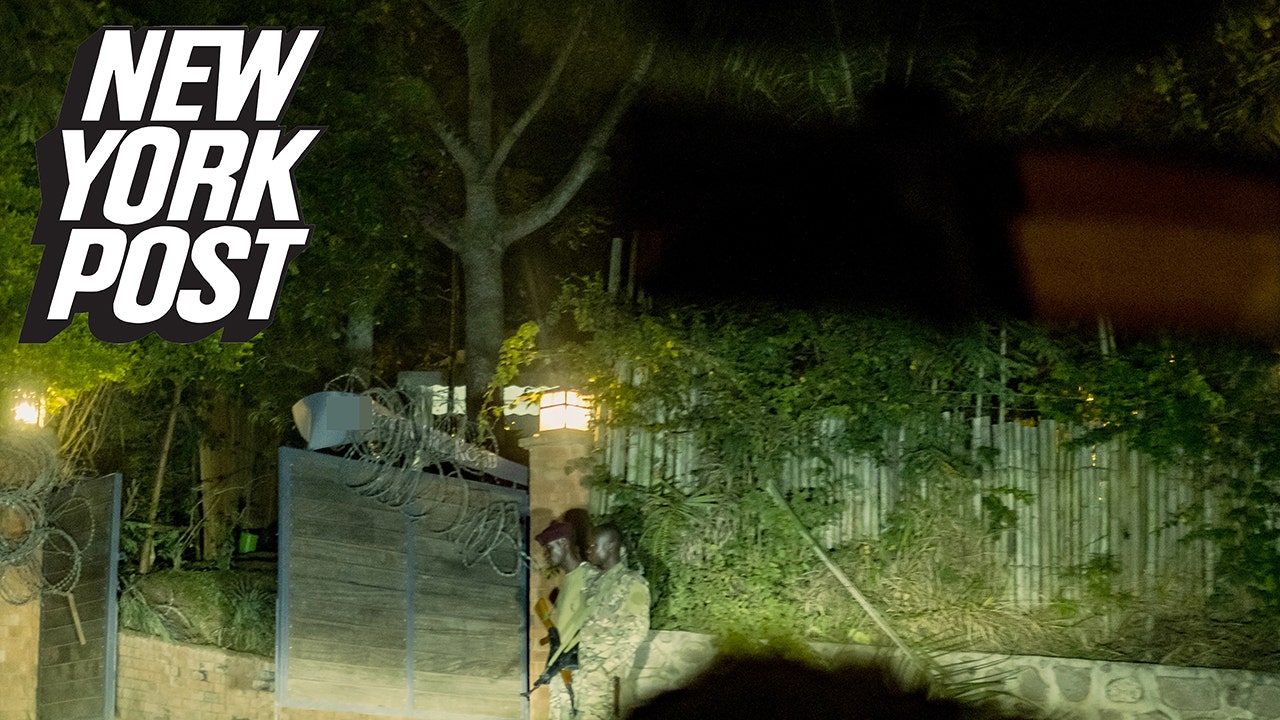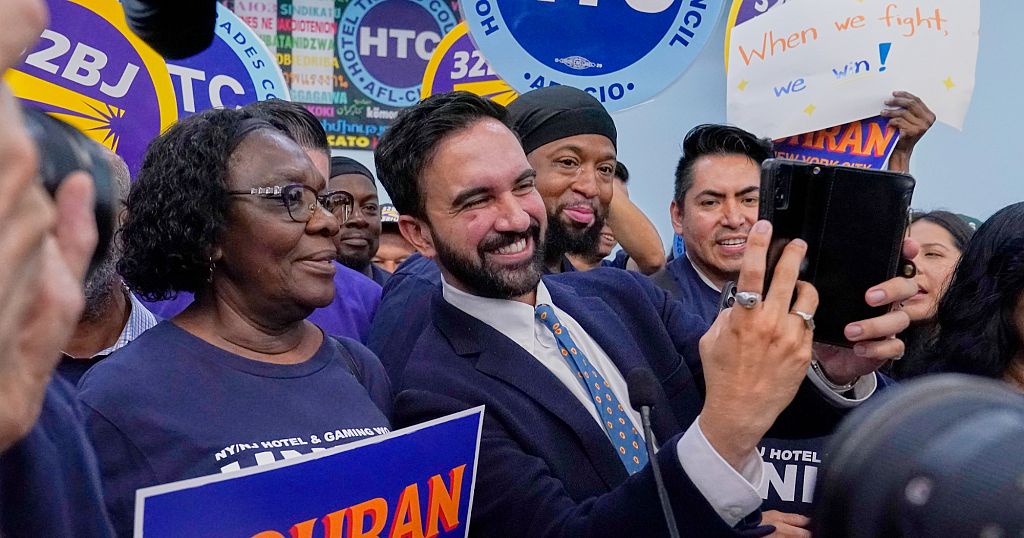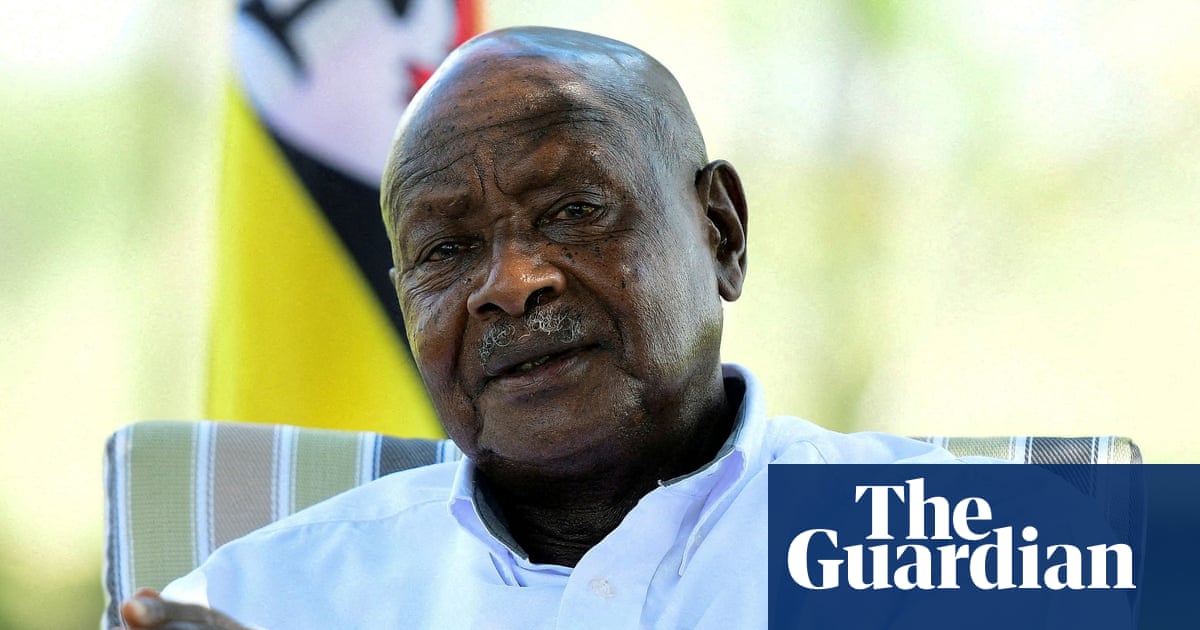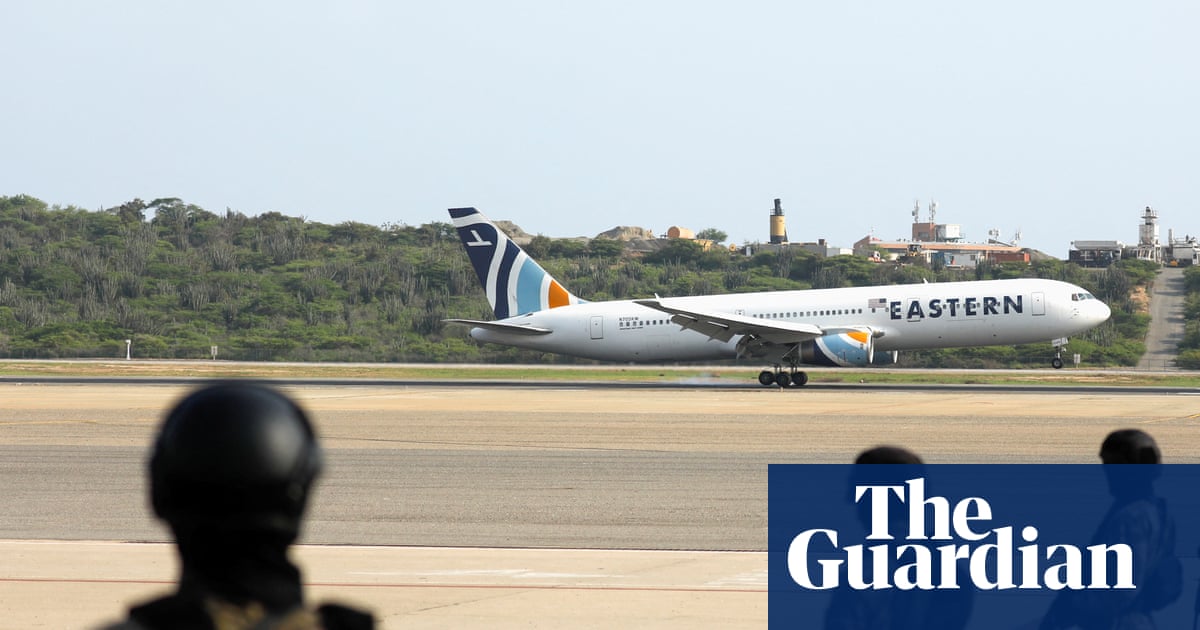#uganda
#uganda
[ follow ]
#human-rights #yoweri-museveni #bobi-wine #lgbtq-rights #political-repression #zohran-mamdani #refugees
US politics
fromAdvocate.com
5 days agoTrump admin is trying to deport LGBTQ+ asylum-seekers to countries where they'd be killed, lawyers say
U.S. immigration policies are risking LGBTQ+ asylum seekers by transferring or deporting them to countries where homosexuality and gender nonconformity are criminalized and punished severely.
fromwww.npr.org
2 weeks agoUganda's longtime leader declared winner in disputed vote
Museveni won with 71.65% of the vote, totaling 7,944,772 votes, while Robert Kyagulanyi, also known as Bobi Wine, of the opposition National Unity Platform received 24.7%, or 2,741,238 votes. Simon Byabakama, head of Uganda's Electoral Commission, made the announcement. "Having obtained the highest number of votes in the election, and with votes cast in his favor exceeding 50 percent of the valid votes, the commission hereby declares the elected President: Tibuhaburwa Kaguta Museveni."
US news
fromwww.theguardian.com
2 weeks agoCloth wraps treated with dirt cheap' insecticide cut malaria cases in babies
From Africa to Latin America to Asia, babies have been carried in cloth wraps on their mothers' backs for centuries. Now, the practice of generations of women could become a lifesaving tool in the fight against malaria. Researchers in Uganda have found that treating wraps with the insect repellent permethrin cut rates of malaria in the infants carried in them by two-thirds.
Public health
fromwww.dw.com
3 weeks agoUganda: Crackdown, internet blackout ahead of vote
Uganda's government has continued its harsh crackdown on dissent in the country ahead of a Thursday election that the United Nations Human Rights Office says is taking place in an atmosphere of repression and intimidation. Recently, the Ugandan government ordered local rights groups to halt work investigating election integrity. Now, it has initiated a total internet blackout. The blackout was confirmed by web tracker NetBlocks. In a post on X, NetBlocks said, "Live network data show a nation-scale disruption to internet connectivity in Uganda."
World news
fromwww.npr.org
1 month agoMahmood Mamdani on how Uganda's history shaped his belonging and his son's moment
That scholarship is rooted in his own experience as a Ugandan citizen of Indian origin who was twice rendered stateless due to political turmoil in East Africa during the 1970s and 80s. "We were migrants, and under the colonial system, migrants were defined as non-Indigenous," Mamdani said. That meant people like him were never made to feel fully at home in Uganda and were stripped of core rights.
New York Giants
World news
fromwww.theguardian.com
2 months agoMahmood Mamdani on Zohran, Uganda and forced expulsion: Who is part of the nation and who is not?'
Expulsion from Uganda shaped Mamdani's lifelong focus on belonging, state violence, and postcolonial politics, fueling influential scholarship on Ugandan state formation.
fromLGBTQ Nation
2 months agoNew bill would send people to prison for 10 years for identifying as LGBTQ+ in Uganda - LGBTQ Nation
Not content with holding title to one of the harshest anti-LGBTQ+ laws in the world, Uganda's parliament is considering a bill that would outlaw identifying as lesbian, gay, bisexual, transgender, or queer. The country's Anti-Homosexuality Act, passed in 2023, already provides a sentence of life in prison for gay men who have sexual relations, and in extenuating circumstances, even death. The new measure would criminalize Ugandans for simply saying they're anything but straight.
World news
fromBitcoin Magazine
3 months agoThe Biggest Bitcoin Pizza Day Celebration Ever
The morning sun was warm, and the air buzzed with excitement and laughter. Children who had rarely strayed beyond their rural village in Bugiri, Uganda, were now getting off buses, eyes wide at the expectation of giraffes and elephants. Many of these kids had never even heard of a zoo before, let alone seen one. Yet here they were, grinning ear to ear after breakfast, ready to celebrate a quirky Bitcoin holiday.
Cryptocurrency
fromwww.npr.org
5 months agoMy son loved his first day of kindergarten. It brings up my own bittersweet memories
His classroom has colorful posters, smart boards and cozy reading corners filled with books and comfy swivel chairs. Each child has a cubby with their name on it for storing the school supplies tucked into their backpacks. Like every parent, I hope my child likes no, make that loves their teacher. That they feel welcome in school and enjoy their first step to the many years of learning ahead.
Education
fromwww.theguardian.com
5 months agoDebilitating consequences' in Uganda after USAID cuts photo essay
In northern Uganda, the unfolding consequences of US funding cuts to international humanitarian aid are palpable. Thousands of families have been living in refugee camps along the border with South Sudan for almost a decade, and newcomers are reported every day as the never-ending conflict within the country intensifies. Uganda has long been a crossroads of migration, shaped by historical and contemporary population movements. Today, it hosts over 1.9 million refugees and asylum seekers one of the largest refugee populations in the world.
World news
fromwww.aljazeera.com
5 months agoUganda agrees deal with US to take in deported asylum seekers
Uganda has agreed to take in nationals from third countries who may not get asylum in the United States but do not wish to return to their countries of origin, Kampala's Ministry of Foreign Affairs said. The ministry said on Thursday that the agreement is based on the conditions that those seeking asylum do not have criminal records and that they are not unaccompanied minors, adding that details of the deal are still being worked out.
World news
[ Load more ]

